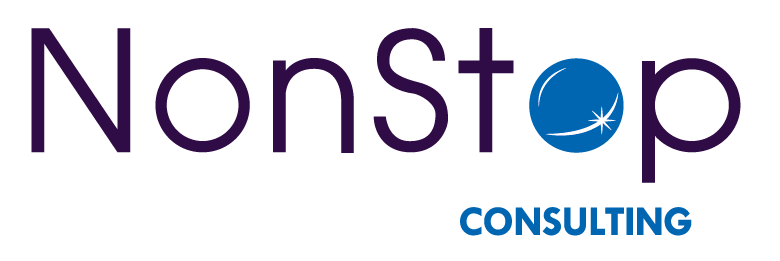Associate Partner Ada Chalkidou gives an overview of German clinical research recruitment in this edition of our Spotlight series.
What are the main challenges affecting hiring in the market and why?
Due to an increased number of clinical trials in the wake of the covid pandemic, every pharma company needs to hire clinical professionals, either in clinical development (mostly for pharmaceutical and biotech companies) or in clinical operations (mostly for the CROs that help the sponsors).
There are thousands of companies of varying sizes and renown competing for the same talent. For example, they all need to hire CRAs (Clinical Research Associates) in order to run their clinical trials and there is only a limited number of these professionals, all of whom are consistently canvassed by hundreds of recruiters and companies and are therefore swamped with messages, phone calls, emails etc. to the point where they get 10 offers each minimum.
As a result, actually hiring a CRA and getting them to choose your offer over someone else’s is very challenging.
How can we overcome those challenges?
We advise our clients to adapt their processes and policies to remain competitive in today’s market. That means they need to increase salaries, benefits such as car allowance or fuel cards due to high gas prices, offer home-office flexibility, flexitime, less traveling and more career progression opportunities.
In addition, we advise simplifying recruitment processes in order to speed them up because if you interview a candidate you like, you can be sure they won’t be available for long as some other company will snap them up.
The companies that can do these things are the ones that hire most qualified candidates nowadays and can manage to keep them for many years.
Our advice is really based on our view of the wider marketplace and in talking to so many candidates on a regular basis. This allows us to pull together the data and give our clients a quite unique insight into how they can have a competitive advantage by adjusting their offering.
Most common FAQ from clients
Because the market is changing so fast as companies compete for this talent pool, probably the most common question we hear at the moment is around the salary range for certain positions. From what we see, salaries are generally up around 15% compared to this time two years ago and a lot of companies are unaware of that so are offering lower salaries and of course, that makes their offering less attractive to most candidates. In addition to the salary, clients are often interested to hear what benefits the candidates are currently getting, again so they can think about how they could make their offer more competitive.
The other most common question is about how many interview processes a candidate is in. Our clients are well aware of the shortage of talent and understand the best candidates will usually be looking at multiple roles and companies and I think it’s good for them to know if candidates are having other interviews so they can push their internal teams to speed up their own recruitment processes if they are serious about a candidate.
Most common FAQ from candidates
Due to high amount of offers that each candidate gets, they have the chance to be “picky” and select the offer that’s most convenient for them. Therefore, the most common question we are hearing right now might not be a surprise: it’s about the additional benefits, mainly the amount of travelling and home-office flexibility. Especially after the covid pandemic, candidates got very used to spending more time with their families and less time on the road which was a game-changer for the industry.
The other most common question is regarding the salary range and career progression opportunities. People want to know that it’s actually worth it to change jobs during such uncertain times, so they’re trying to secure their future by getting bigger salaries and potential progression.
As recruitment consultants, we consult our clients on these things so that they can attract the best talent. We also consult our candidates on what’s realistic to ask and what’s not so they don’t come off as too “greedy” during an interview process and risk losing a good opportunity.
Any predictions for hiring in this market in the coming two to five years
I believe hiring demand in this market is only going to increase so the shortage of talent will only get bigger as well. The good candidates don’t just search for new jobs and apply nowadays, they don’t need to spend time doing that, because they get approached by so many recruiters directly.
In order to get ahead in the race for talent, companies would do well to build out large agency-style recruitment teams, or work with specialist recruiters such as us who are specifically focused on each niche of the industry to ensure we have a thorough understanding of the market, including which candidates are available or who would consider moving for the right conditions. Rather than searching for many months and spending time sifting through unsuitable candidates, we can help companies identify the best talent quickly as we already know the talent pool and what those candidates want, so we can align those wants with what the company is already offering, or advise the company what they can do to secure that talent.





